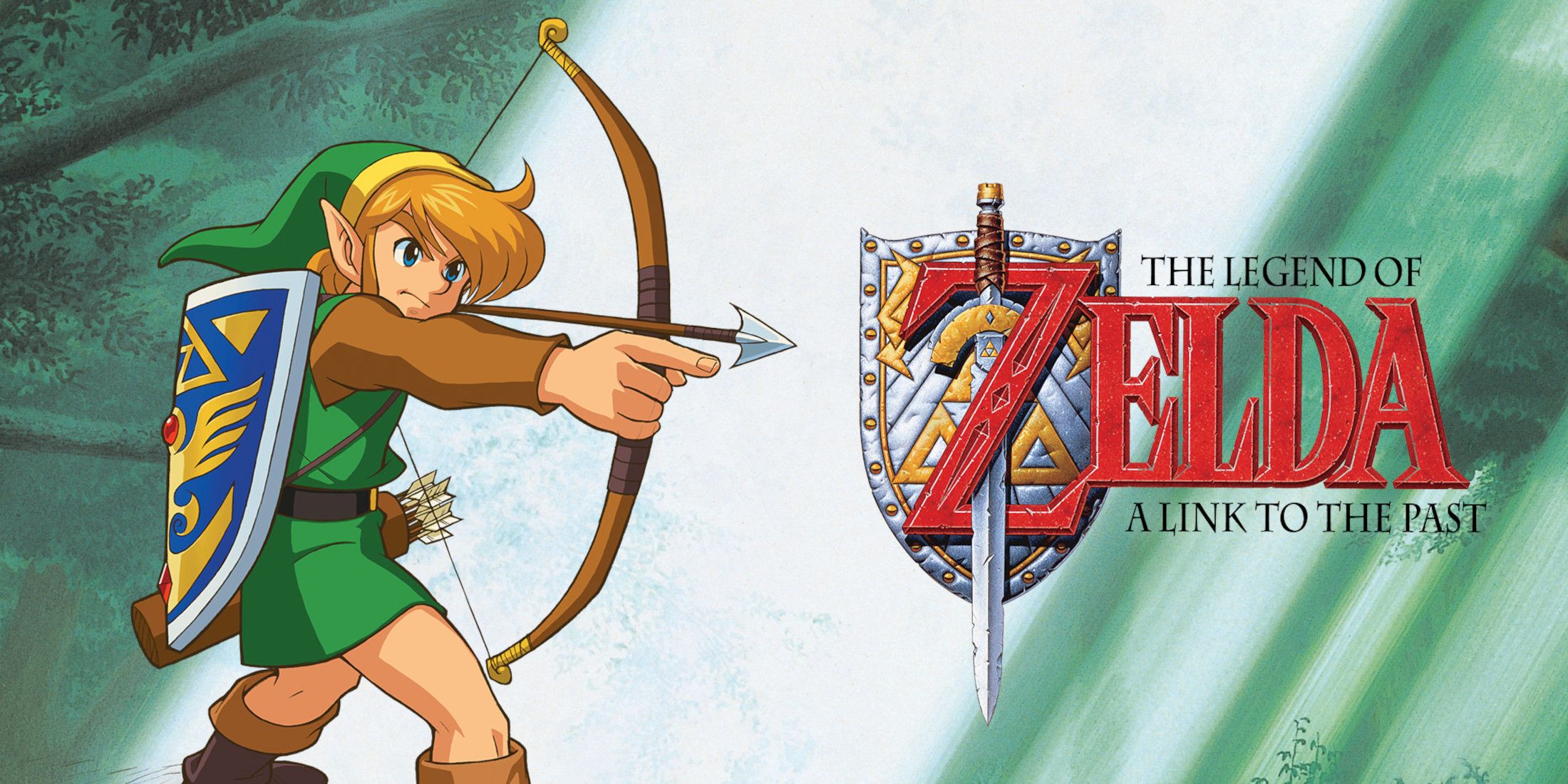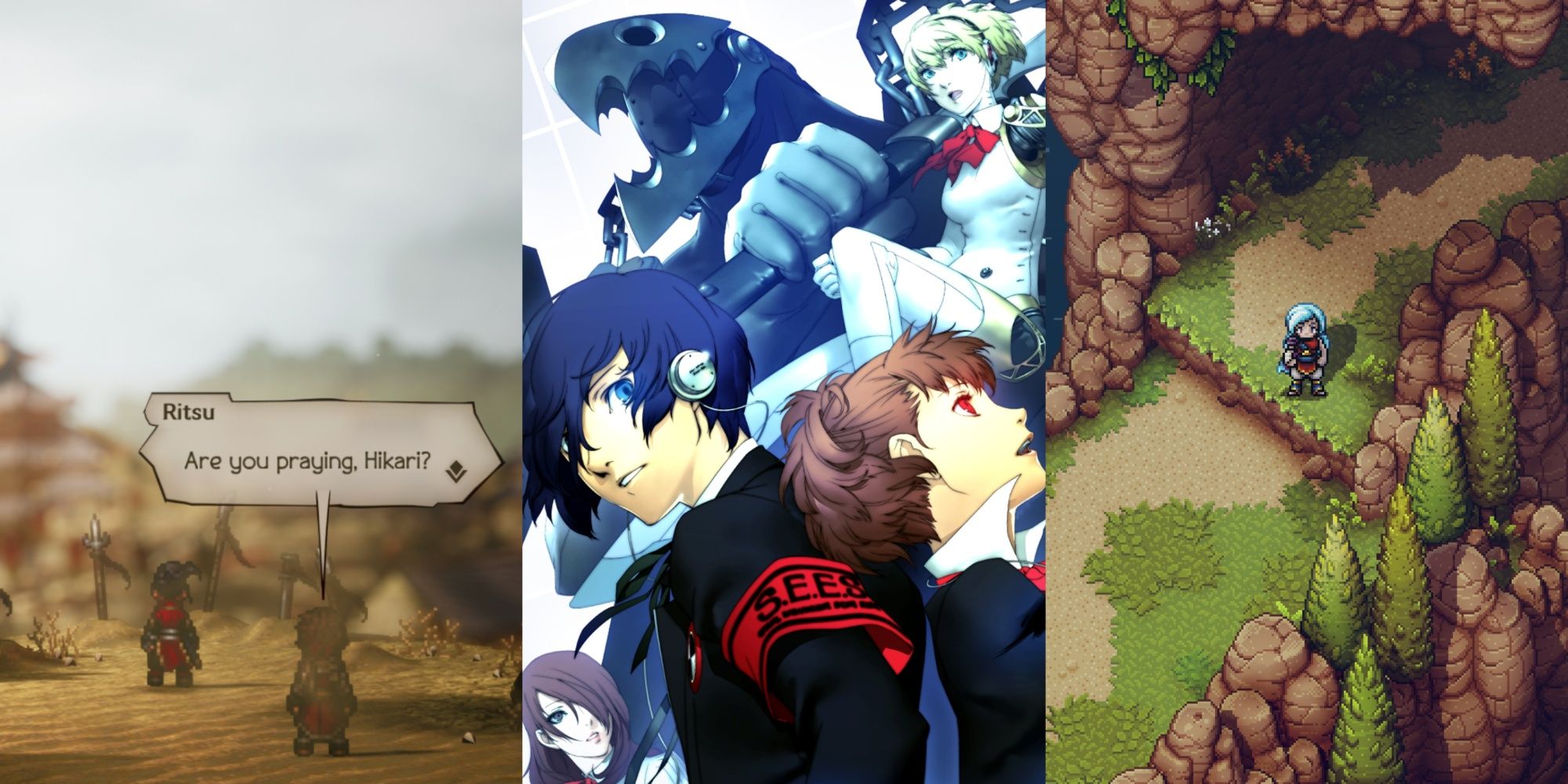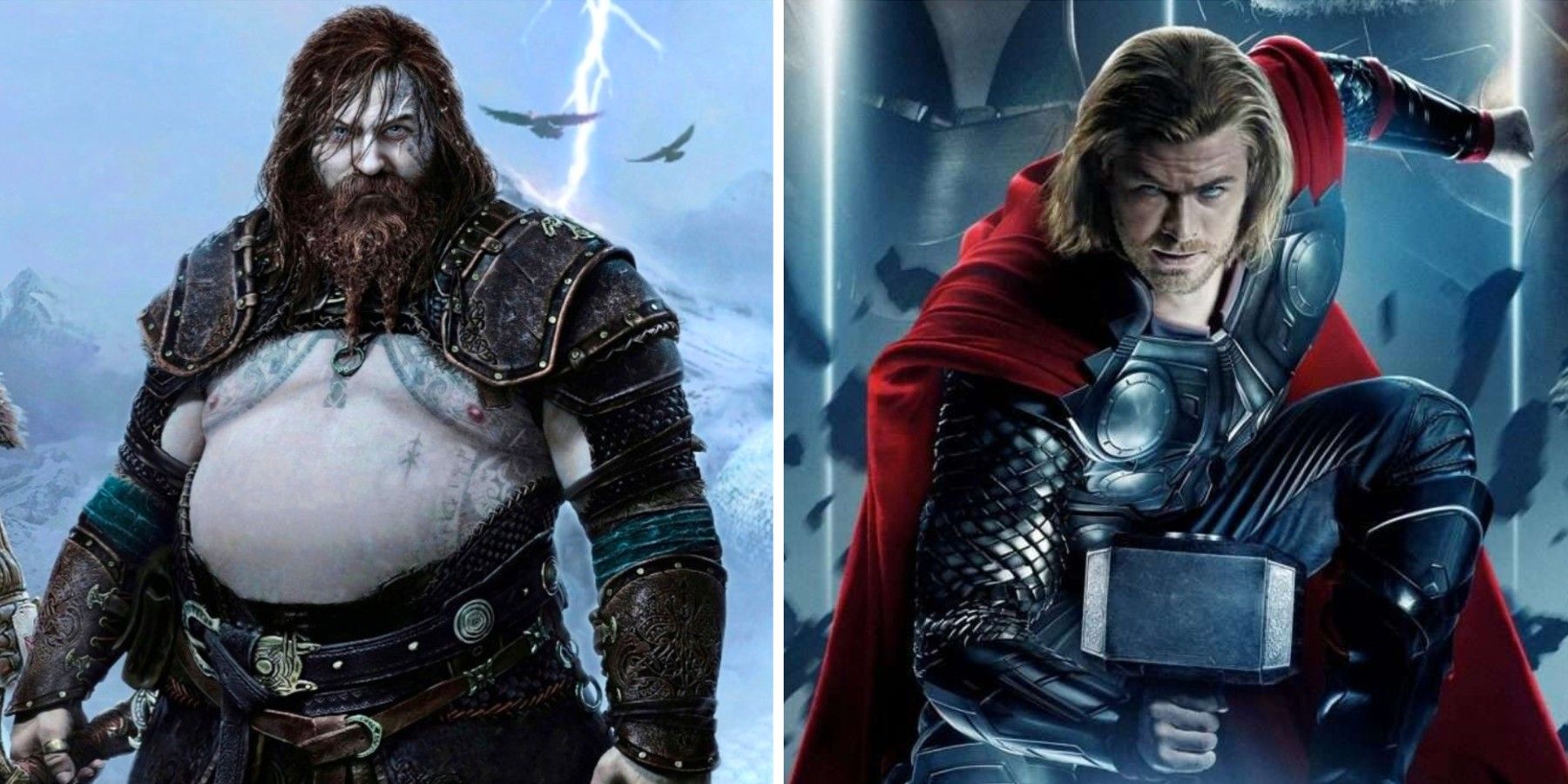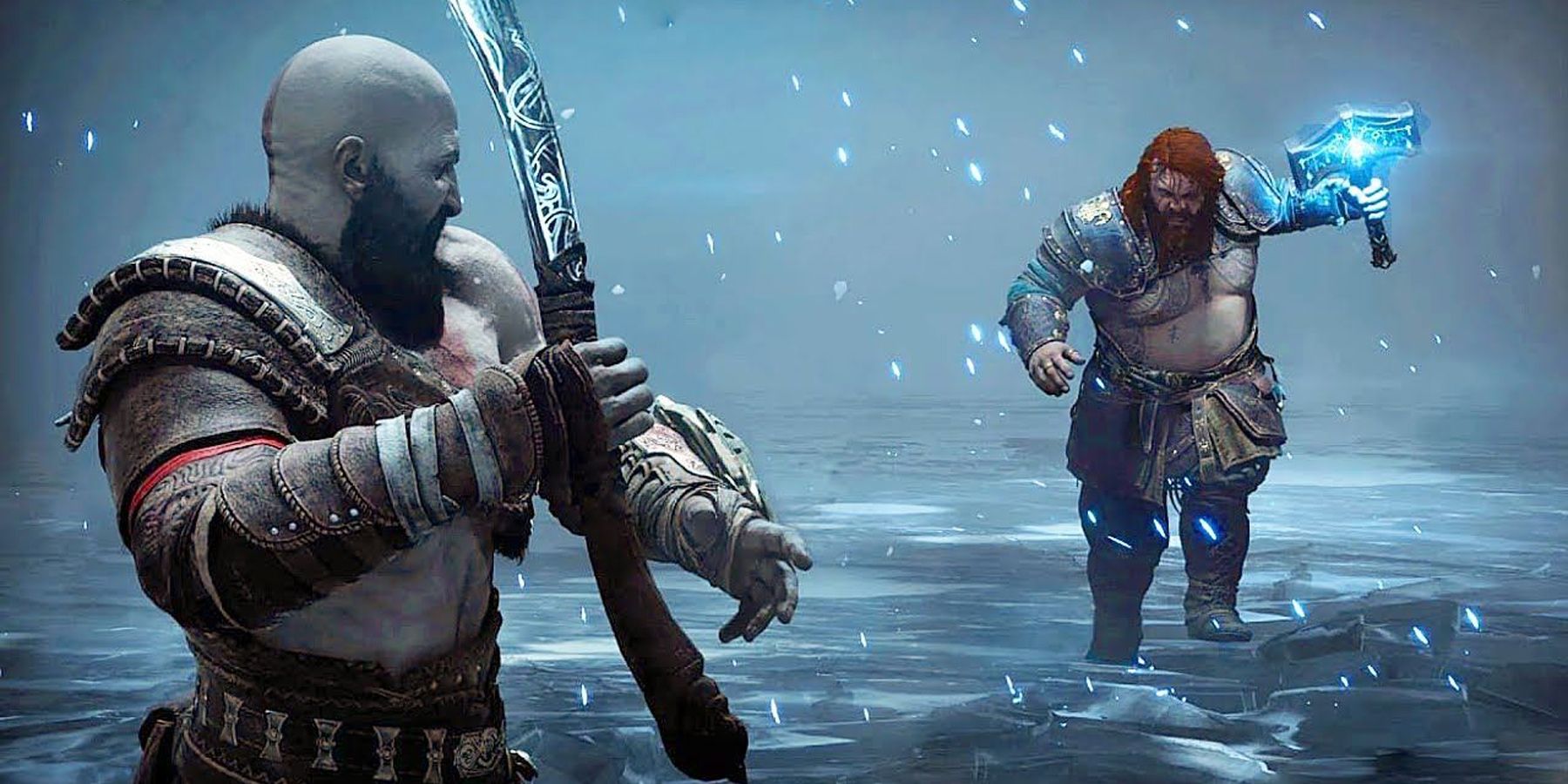PLEASE NOTE: This article contains MINOR Spoilers for God of War Ragnarok. Proceed at your own risk.
Taking a great deal of inspiration from Norse mythology, it's only natural that God of War Ragnarok would cross paths with the Marvel Cinematic Universe, which also borrows heavily from a range of different mythologies. Along with characters like Heimdall, Lady Sif, and Loki, God of War Ragnarok also brings the God of Thunder himself to the table. While their powers are fairly similar, there are some key differences between God of War Ragnarok's portrayal of Thor, and the MCU's superhero version.
Played by Chris Hemsworth, the MCU's version of Thor is a lovable rogue with a heart of gold who usually has his friends and family at the forefront of his mind. God of War Ragnarok's Thor is a tad more menacing and aggressive. Voiced by the incredibly talented Ryan Hurst, this version of Thor is a complex one, with sympathetic motivations, and a role that differs quite heavily from his MCU counterpart.
How God of War Ragnarok's Thor Differs from the MCU Version
One of the biggest ways in which the MCU's version of Thor differs from God of War Ragnarok's is the character's role in his universe. When Thor is first introduced in the MCU, he's the archetypal cocky prince character. Though he's a talented warrior and is well-liked by his peers, Thor doesn't take much responsibility for his actions, and is punished by Odin, his father, for exactly that. Over the course of multiple movies, Thor learns to take responsibility for those around him, even his enemies, and becomes more of a team player. Thor is often one of the most powerful members of whatever team he's on, and he's usually well-respected by all.
God of War Ragnarok's Thor, on the other hand, is simply Odin's lapdog. Unlike the MCU's version, God of War's Thor is not respected by his peers, with other gods mocking his lack of agency, and his own father Odin insulting him relentlessly. Though Thor is clearly an incredibly powerful being, capable of pushing Kratos to his very limits without breaking a sweat, his power is constantly undermined by his father, who views him simply as a tool to use against his enemies. He lacks both the family bonds and the agency that the MCU's Thor cherishes.
Thor's peers mock him relentlessly in God of War Ragnarok, which clearly affects him deeply. Though his face rarely shows it, Thor's actions strongly suggest that he's suffering at the hands of his father, but he knows that he can't do anything to stop it. This version of Thor is clearly a depressed one: he has just lost his sons, but he's not able to avenge them, and all the while he's being ridiculed by those around him. Thor feels worthless, even repeating a line that his father says, "Thor's only good for two things: killing giants, and pissing mead."
This version of Thor actually shares some similarities with Avengers: Endgame's version of the character. In Endgame, audiences see Thor at his very lowest. He's lost his mother, his brother, his best friends, his home, and now half of the team that he was meant to protect. Thor has little motivation to do anything, and simply goes along with whatever his peers are telling him to do, seeing little hope in his situation. Aside from their emotional similarities and their role differences, these two versions of Thor have pretty similar powers, both wielding Mjolnir and devastating lightning powers with ease.
God of War Ragnarok is available now on PS4 and PS5.





